The London School of Economics and Political Science announces that the 1987 Lakatos Award, of £10,000 for an outstanding contribution to the philosophy of science, has been jointly won by:
Michael Friedman (Stanford University) for his book Foundations of Space-Time Theories (Princeton University Press, 1983).
Philip Kitcher (Columbia University) for his book Vaulting Ambition: Sociobiology and the Quest for Human Nature (MIT Press, 1987)
Michael Friedman – Foundations of Space-Time Theories
This book, explores the conceptual foundations of Einstein’s theory of relativity: the fascinating, yet tangled, web of philosophical, mathematical, and physical ideas that is the source of the theory’s enduring philosophical interest.
Philip Kitcher – Vaulting Ambition: Sociobiology and the Quest for Human Nature
Vaulting Ambition is the first extensive and detailed evaluation of the controversial claims that sociobiologists have made about human nature and human social behavior. It raises the “sociobiology debate” to a new level, moving beyond arguments about the politics of the various parties involved, the degree to which sociobiology assumes genetic determinism, or the falsifiability of the general theory. Sociobiology has made a great deal of noise in the popular intellectual culture. Vaulting Ambition cuts through the charges and counter-charges to take a hard look at the claims and analyses offered by the sociobiologists. It examines what the claims mean, how they relate to standard evolutionary theory, how the biological models are supposed to work, and what is wrong with the headline-grabbing proclamations of human sociobiology. In particular, it refutes the notions that humans are trapped by their evolutionary biology and history in endlessly repeating patterns of aggression, xenophobia, and deceitfulness, or that the inequities of sex, race, and class are genetically based or culturally determined. And it takes up issues of human altruism, freedom, and ethics as well.Kitcher weighs the evidence for sociobiology, for human sociobiology, and for “the pop sociobiological view” of human nature that has engendered the controversy. He concludes that in the field of nonhuman animal studies, rigorous and methodologically sound work about the social lives of insects, birds, and mammals has been done. But in applying the theories to human beings-where even more exacting standards of evidence are called for because of the potential social disaster inherent in adopting a working hypothesis as a basis for public policy – many of the same scientists become wildly speculative, building grand conclusions from what Kitcher shows to be shoddy analysis and flimsy argument.While it may be possible to develop a genuine science of human behavior based on evolutionary biology, genetics, cognition, and culture, Kitcher points out that the sociobiology that has been loudly advertised in the popular and intellectual press is not it. Pop sociobiology has in fact been felled by its overambitious and overreaching creators.




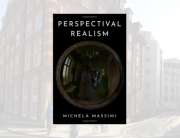
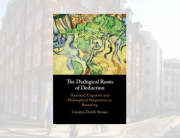

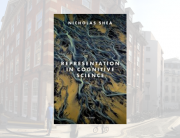
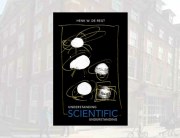

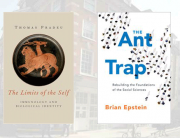

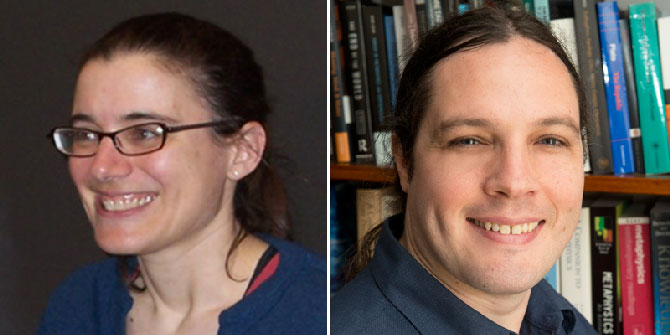
Connect with us
Facebook
Twitter
Youtube
Flickr